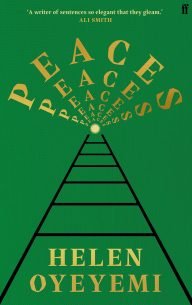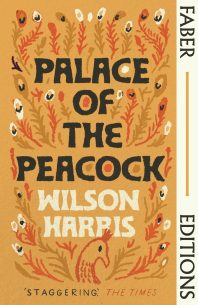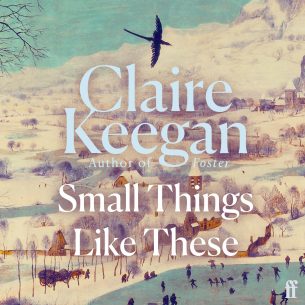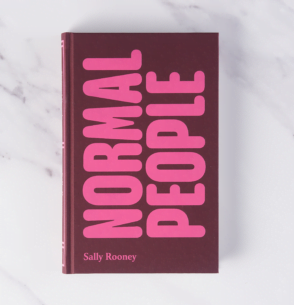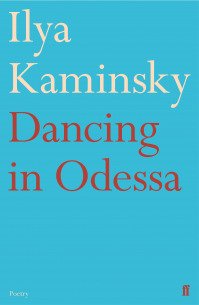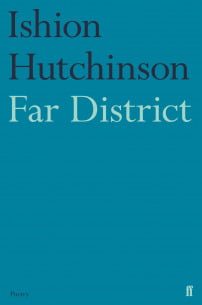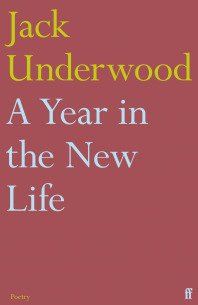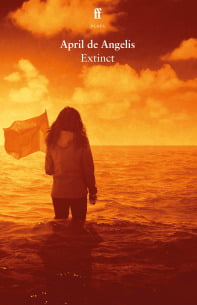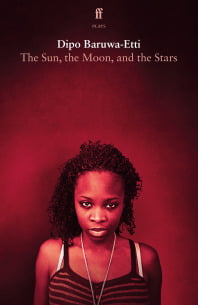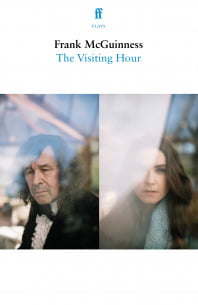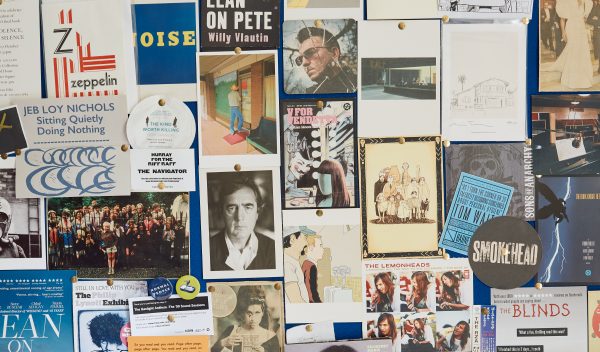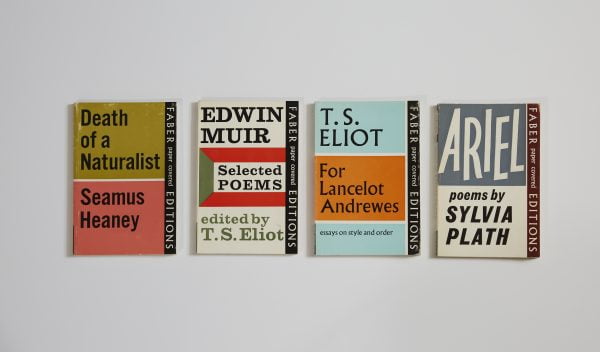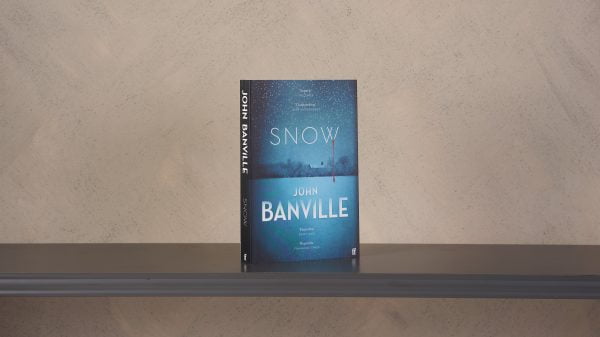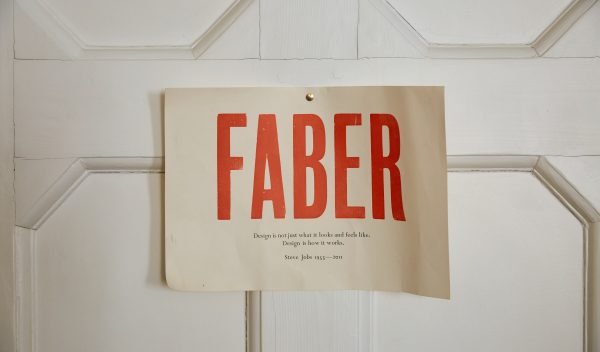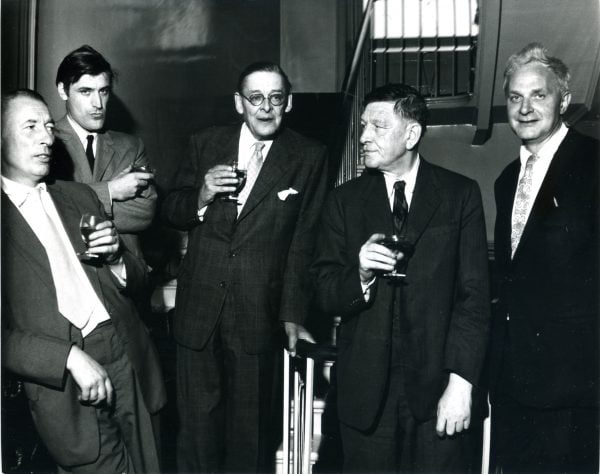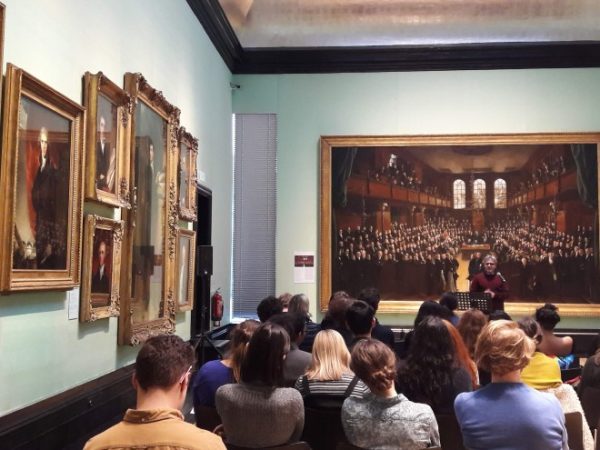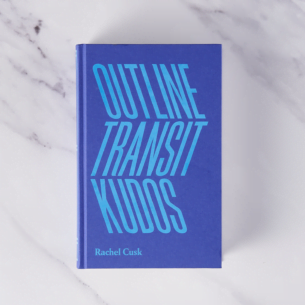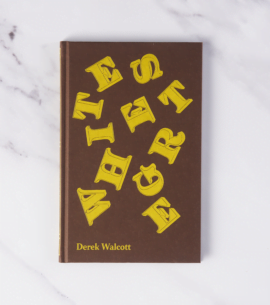


Louisa Joyner and Alex Bowler respond to the Women’s Prize announcement
For the past quarter of a century, the Women’s Prize for Fiction has been an immensely powerful and dynamic force for good. And writers we publish have benefited enormously from the Prize’s support.
However, it appears that since the longlisting of Akwaeke Emezi’s Freshwater in 2019, the Prize has changed its rules, as the author is no longer eligible. Having sought clarity on these new rules and having read the Prize’s statement yesterday, we welcome the clear attempt to now include transgender women – a fitting step from a prize that has always worked to bring marginalised writers to readers’ attention.
However, our view is that the rule changes are not sufficient, because they rely on legal definition. We believe the gender recognition laws in this country are unfair and outmoded, as they are in other English-language nations. It is a shame to lean on them in any literary award’s criteria. It means, for example, that a transgender woman, who under current law has to wait years for legal recognition, will write their work as a woman but not be eligible for the prize. The law also offers no recognition of non-binary categories, so any writer of fluid identity is now excluded from the prize entirely. The law also conflates all people born ‘of the female sex’ as women, erasing any person who was assigned female at birth and is not a woman. We hope the Prize, a progressive cultural institution of such power, which over its proud history has done such measurable good for equality, will again revisit the rules before the next submission period, to consider the lived experience of now excluded writers.
We would be very willing partners in helping to make that happen.
